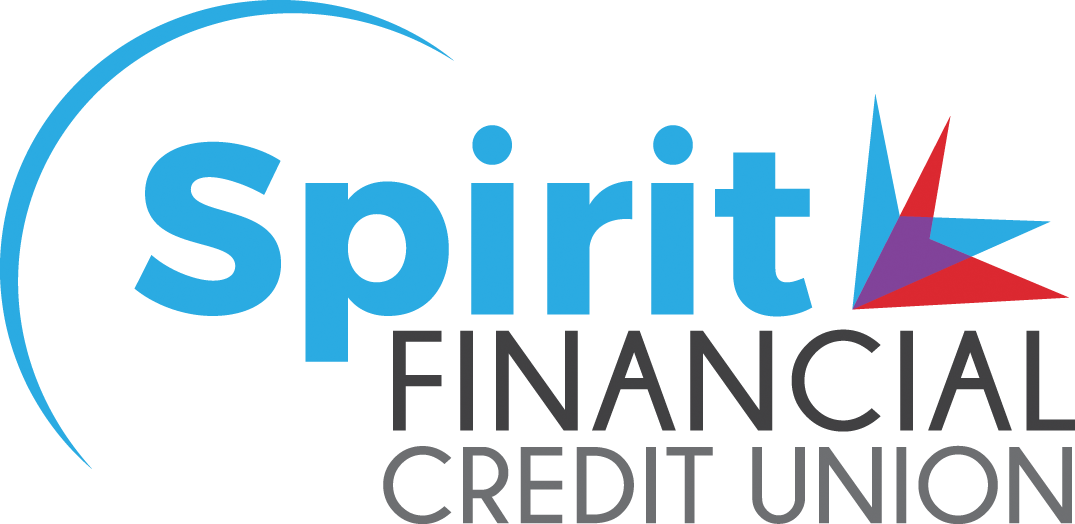5 Home Equity Questions to Ask Before Applying
A home equity loan from Spirit Financial Credit Union is a popular way to secure funds for home improvement projects and other large expenses, as it allows you to use your home as collateral to get better rates. While it may be a great solution for many of us, it also has its risks. Here are some questions you should be asking yourself before moving forward with a home equity loan.
1. How’s my credit score?
If the answer is “not great,” you may want to take steps to improve your credit score before taking on a major loan. A better credit score usually means better interest rates and a better chance of loan approval.
2. Do I fully understand all of the costs involved with a home equity loan?
You’ll need to take the time to shop around not only for the best rates and terms but also for the lowest fees. Many first time borrowers don’t realize all of the fees and the closing costs that may be involved in applying for a home equity loan. You could be facing a long list, including an application or loan processing fee, origination fee, appraisal fee, document preparation fee, annual fee, credit check, points, and more. When shopping around, always ask the lender to disclose all of the fees involved in borrowing the money. Are there prepayment penalties for paying the loan off early? That’s another question to pose. The lowest rate is not necessarily the best deal. Each lender may have different guidelines as it pertains to loan fees. For example, Spirit Financial Credit Union home equity loans feature no closing costs to go along with competitive low rates. It’s always better to know upfront so fees and costs can be taken into consideration along with the loan rate and the terms.
3. How do I plan on using the funds borrowed against the equity in my home?
A home equity loan is ideal for home improvement or renovation projects, such as a new roof, a kitchen remodel, or adding an extra bathroom. Especially if those projects will increase the value of your home. It’s also a good way to pay down and consolidate higher interest debt, fund educational costs, or even a large event, such as a wedding. You shouldn’t borrow against the equity of your home just to fund an extravagant lifestyle or for frivolous spending. If you don’t have the money to pay your day-to-day expenses, such as utilities, mortgage, or groceries, you may want to consider re-working your budget instead of borrowing money. It’s important to note that the tax rules regarding home equity loan interest have changed. Under the new laws, home equity loan interest is only tax deductible if used for certain home improvement projects to the property that is used as collateral for the loan. There are also limits to the deduction, so it’s best to speak to your tax advisor for detailed information on what is deductible. Click here to learn if the interest paid on your home equity loan may be tax deductible.
4. Am I really prepared to risk my home?
Remember, your home is used as collateral for a home equity loan, which means you may be at risk of foreclosure if you fail to make the payments on your loan. You want to be sure in advance that your budget allows you to make those loan payments. It’s always a good rule to only borrow what you need and nothing more. If that new deck you’re putting on your home only costs $20,000, don’t borrow $30,000 just for fun. You will also need to consider the danger of your property losing value, which means you may end up owing more than your property is actually worth.
5. What type of loan and repayment schedule is best for my needs?
A home equity line of credit (HELOC) might be better than a home equity loan if you will have expenses that will be spread out over time. If you decide you don’t want to use your home as collateral, an unsecured personal loan may be a better option for you. A personal loan traditionally has a shorter term and may be more cost effective if you don’t need a large sum of money. They are also usually quicker to get and have fewer fees involved. Again, you will want to compare the rates, terms, and fees of all of the loans you are considering. Click here to view loan rates at Spirit Financial.
In conclusion, it’s always best to do your research and use your equity wisely. When speaking to different lenders, be sure you understand all of the terms and conditions before you sign any documents. All of the important details, including all fees and costs, the rate, and terms, should be made available to you in writing in advance to help in your decision-making. Your local credit union may be one of the best sources for a home equity loan. Because credit unions are not-for-profit and member-owned, profits are returned to the members in the form of competitive loan rates and other low-cost services.



